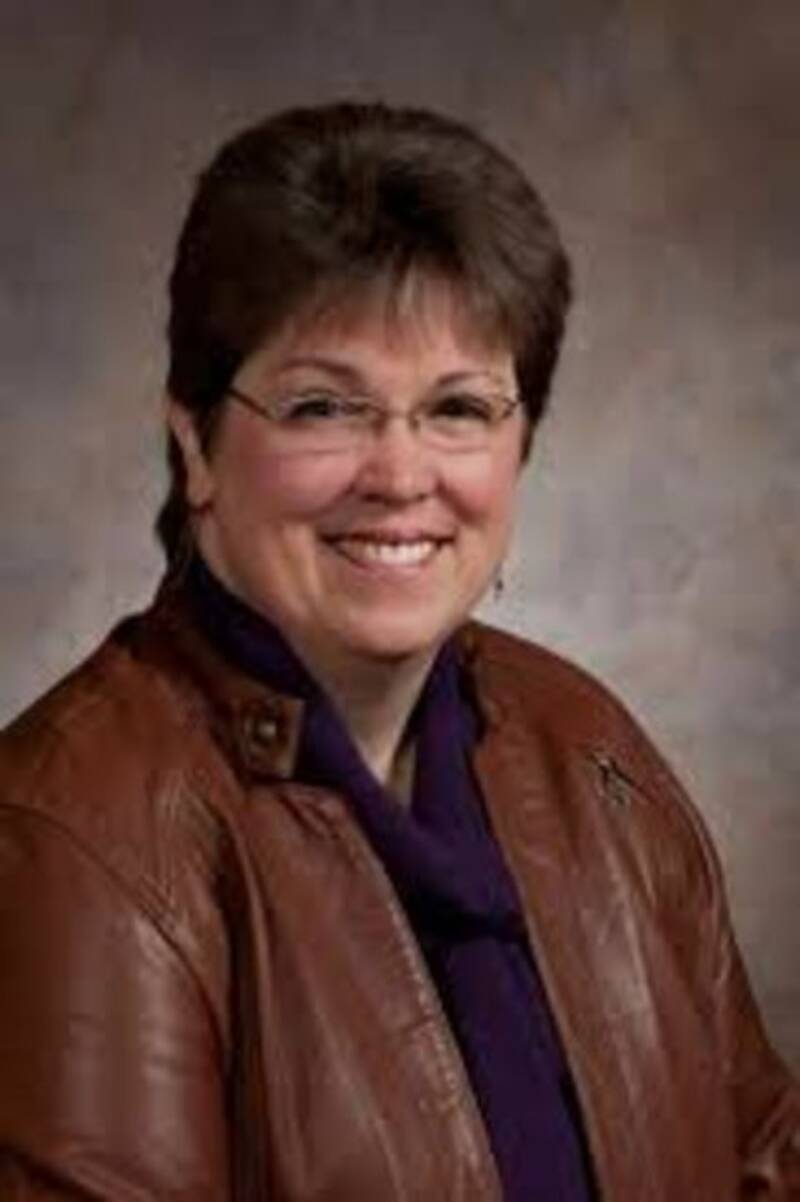“You all lie, steal and cheat,” the Sparta woman told me. I did not know her, and when I disagreed, she said “Well, you will.”
Then she smiled and handed me a piece of the chocolate bar she was eating.
The year was 2006. I was a rookie candidate passing out literature at the Butterfest parade. I don’t think I will ever forget that woman.
Just the act of having a brief conversation caused something to soften in her. Listening to constituents is a powerful act. By itself, listening can heal.
As my twelve years in the Senate comes to a close, I reviewed conversations with constituents over the years. My Senate records show that we logged 70,662 contacts with constituents.
These people came forward with their problems, opinions, knowledge and good wishes. They taught me much about people’s lives and what people care enough about to contact my office. Many more people shared stories, concerns and feelings with me as I traveled.
People care about their family and their neighborhood. They want a great place to live, work and raise a family. They want healthcare for their family, a great education for their kids and grandkids, and safe communities.
People want to cross the railroad tracks to go ice fishing. They want the roads and bridges fixed. They want to know they can rely on SeniorCare for help with prescription drug costs. People are concerned about the rising cost of health insurance. They want to know why Minnesota residents get the same health insurance coverage for less money. People don’t like legislation that took away local powers.
Over the years, I saw patterns in the types of contact we received. Agriculture, healthcare, better funded schools, money for universities and technical colleges, programs for children and families were all reoccurring themes in my conversations with constituents.
As I examined the contacts I received over 12 years, I was a bit surprised to learn the number one issue was natural resources. Almost 15,000 people contacted me about our environment. There were many sides of the issue including, hunting and fishing, water and air quality, sand, sulfide and iron ore mining, and high capacity wells.
We live in a place of breath-taking beauty. People want to protect our part of the world. They are willing to take time from their busy schedule, move outside their comfort zone, and contact their senator, for which I’ve been grateful.
Folks commonly contacted us in the spring and summer of odd-numbered years which is state budget time. About one-third of all contacts I received over 12 years was related to the massive state budget.
The most common way people contacted my office was through email, although we still received many phone calls, in-person visitors and snail-mail letters.
People call or write all times of year when they face really difficult and complex problems.
From help with health care, polluted wells, or regulation and licensing, these problems are as diverse as the people themselves.
Over the years, I averaged two new complex constituent cases every day – 365 days a year. Walking people through the labyrinth of state bureaucracy is an important part of public service. I would say social work made up at least half of my job.
These numbers don’t reflect the intensity of the cases. Like the Eau Claire parents who wanted to adopt an African orphan who was HIV positive. This work took months and months of effort by state, federal and private agencies who all joined with our office to bring the boy home to his new family.
Many times, people call with an immediate work crisis: a bill written in a way that would close their business, a librarian without the proper credentials, a Minnesota-trained dental hygienist who needed a Wisconsin license.
Over 12 years, I met many amazing people. Like the phenomenal Eau Claire woman who served as foster parent for severely disabled children. My staff and I helped her navigate the state’s bureaucracy to get care the children needed. She shared the devastating effects of proposed budget cuts on the vulnerable children under her care. Her compassionate nature is a true blessing for the children she cared for and our entire state.
Conversations with constituents really does matter. Attitudes change. Laws change. Bad ideas are stopped. Thank you to each one of you for the stories, concerns and knowledge you shared. You made a difference.


Add new comment